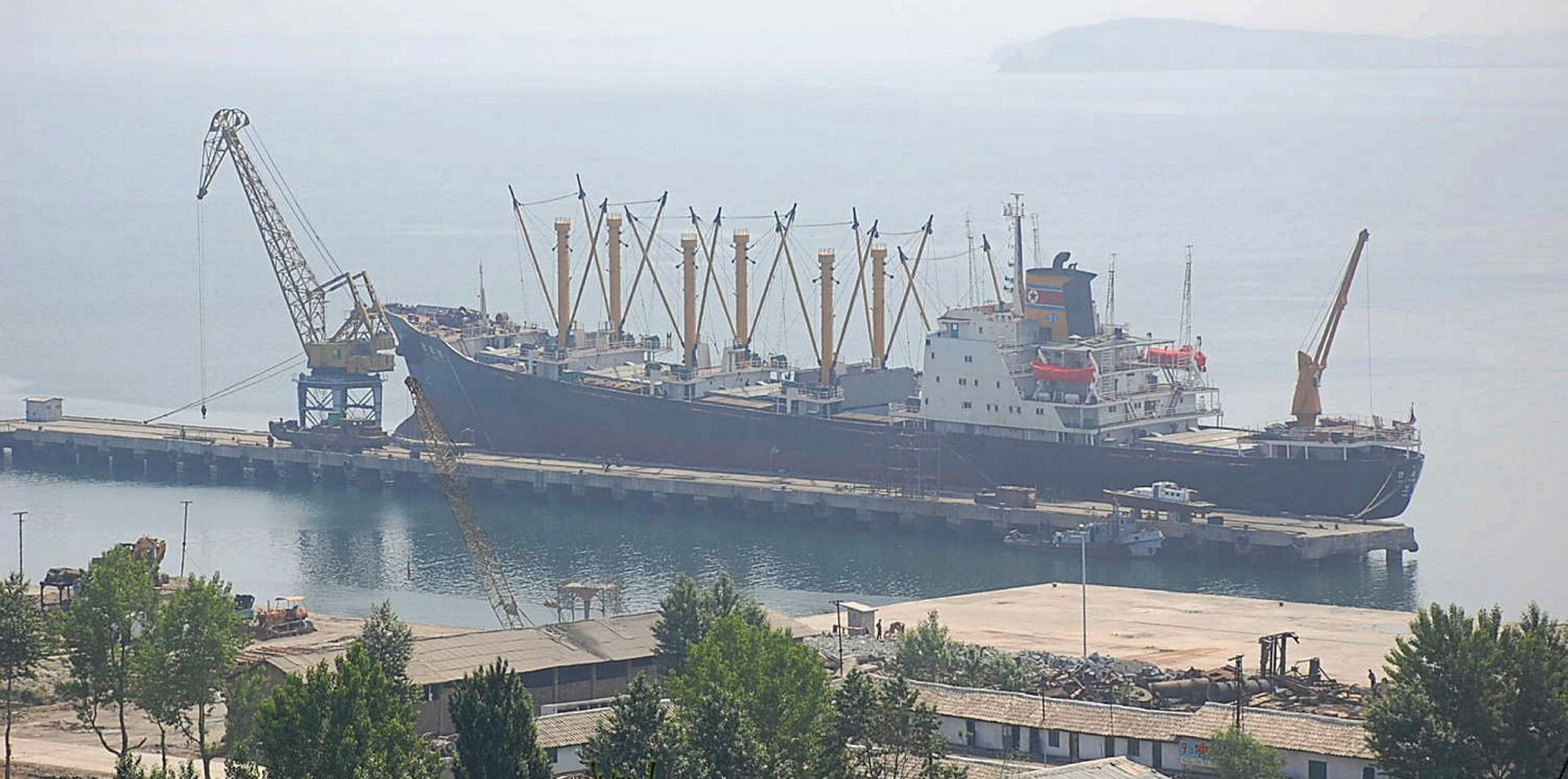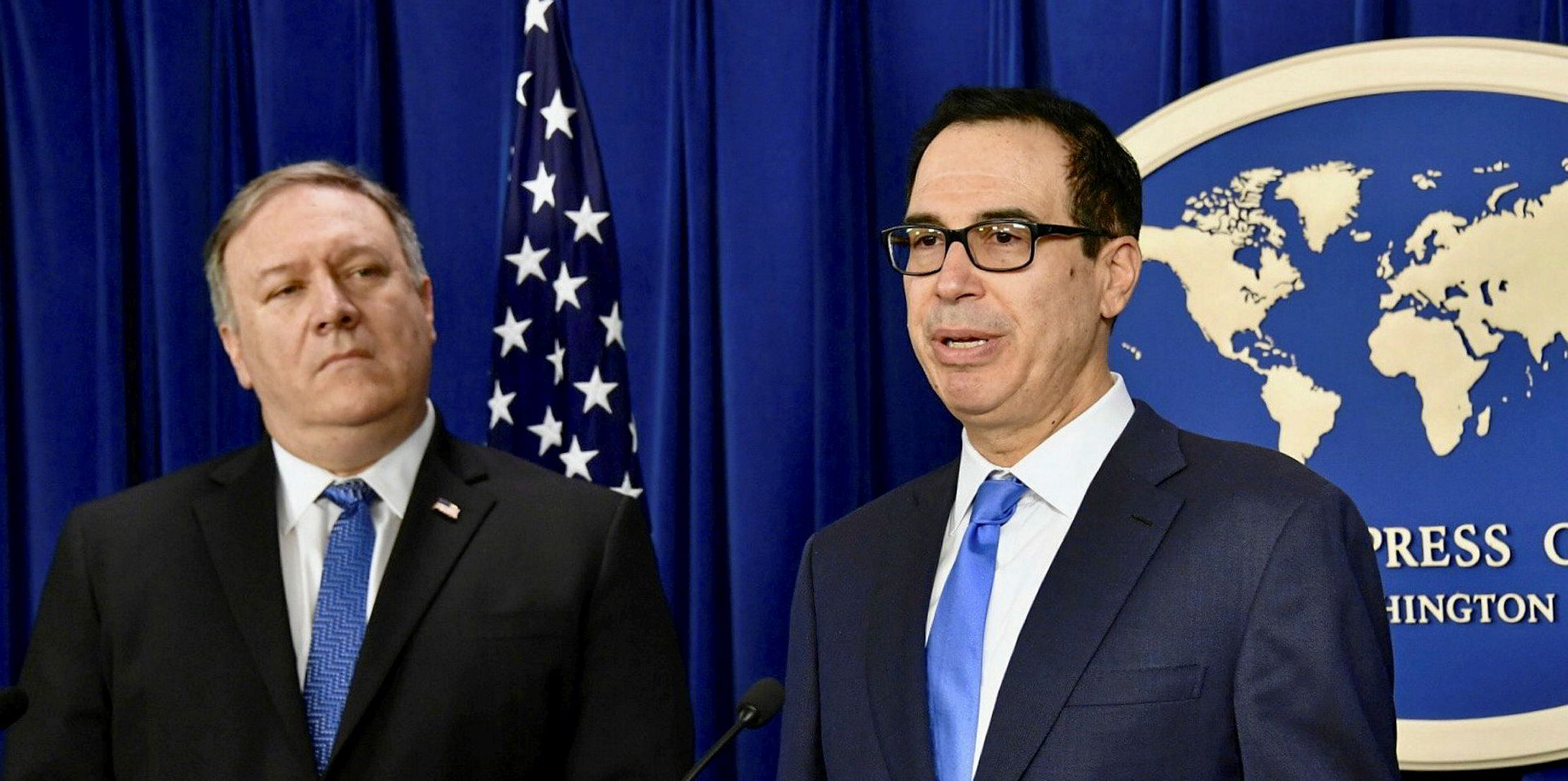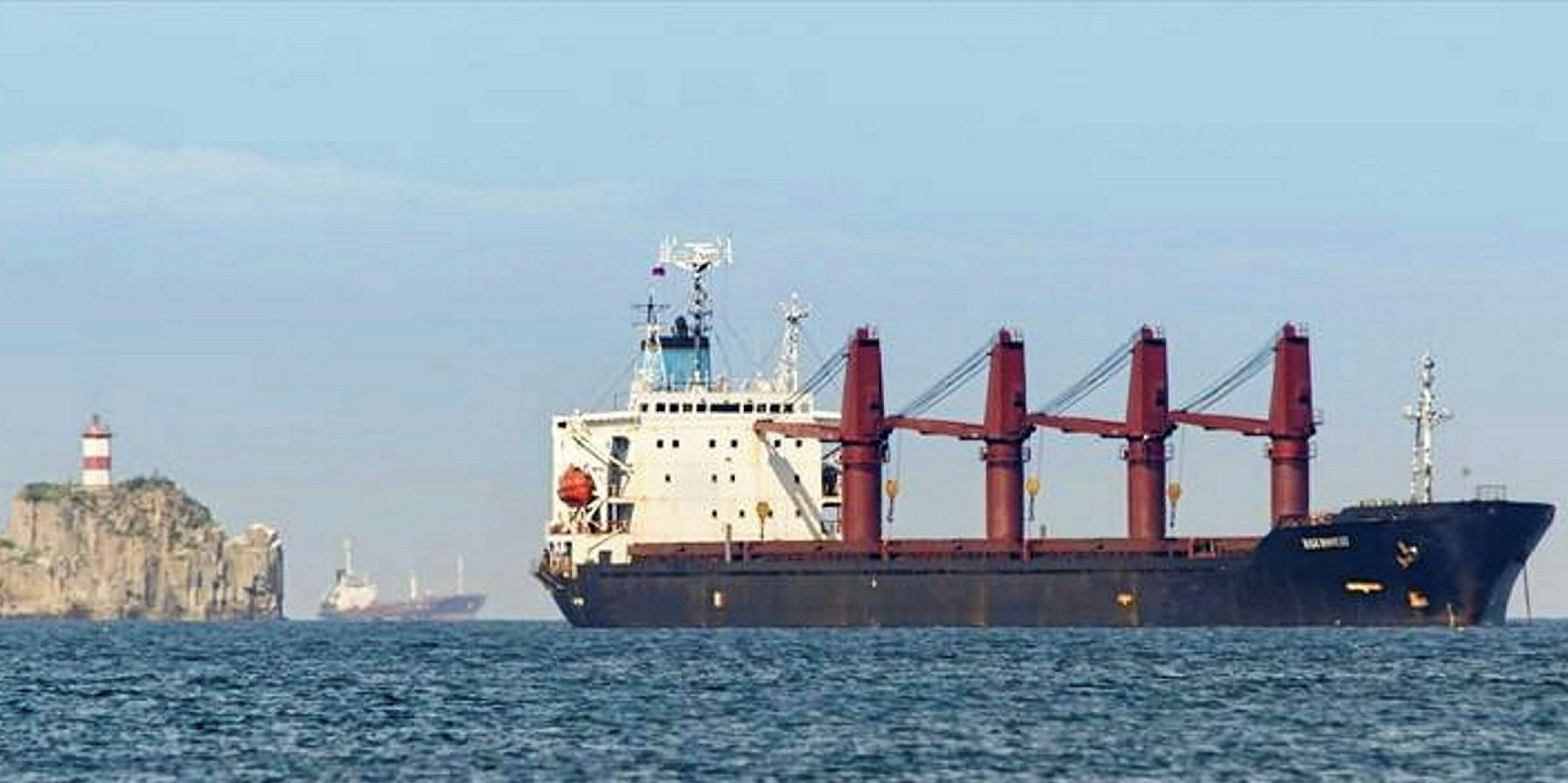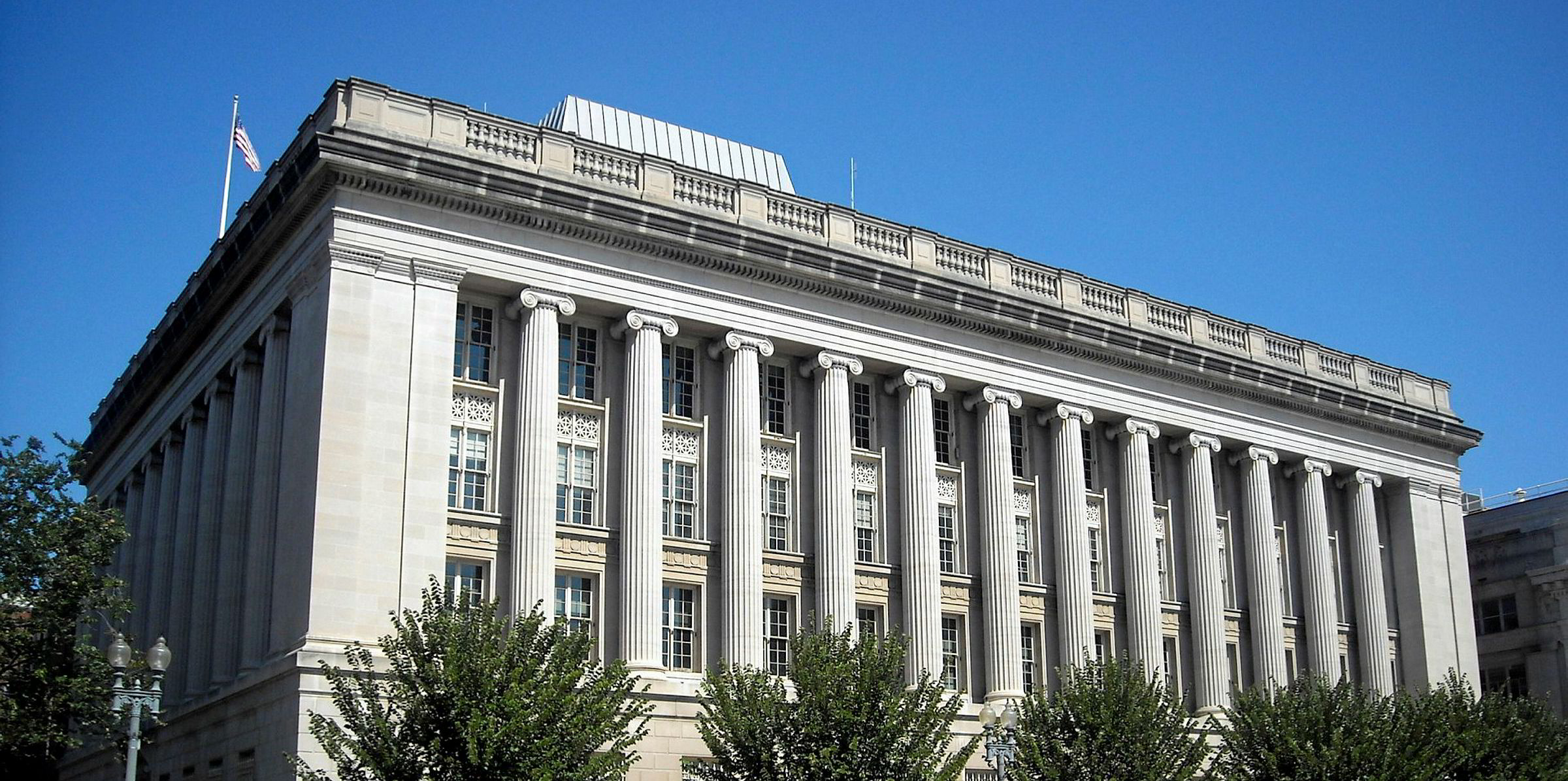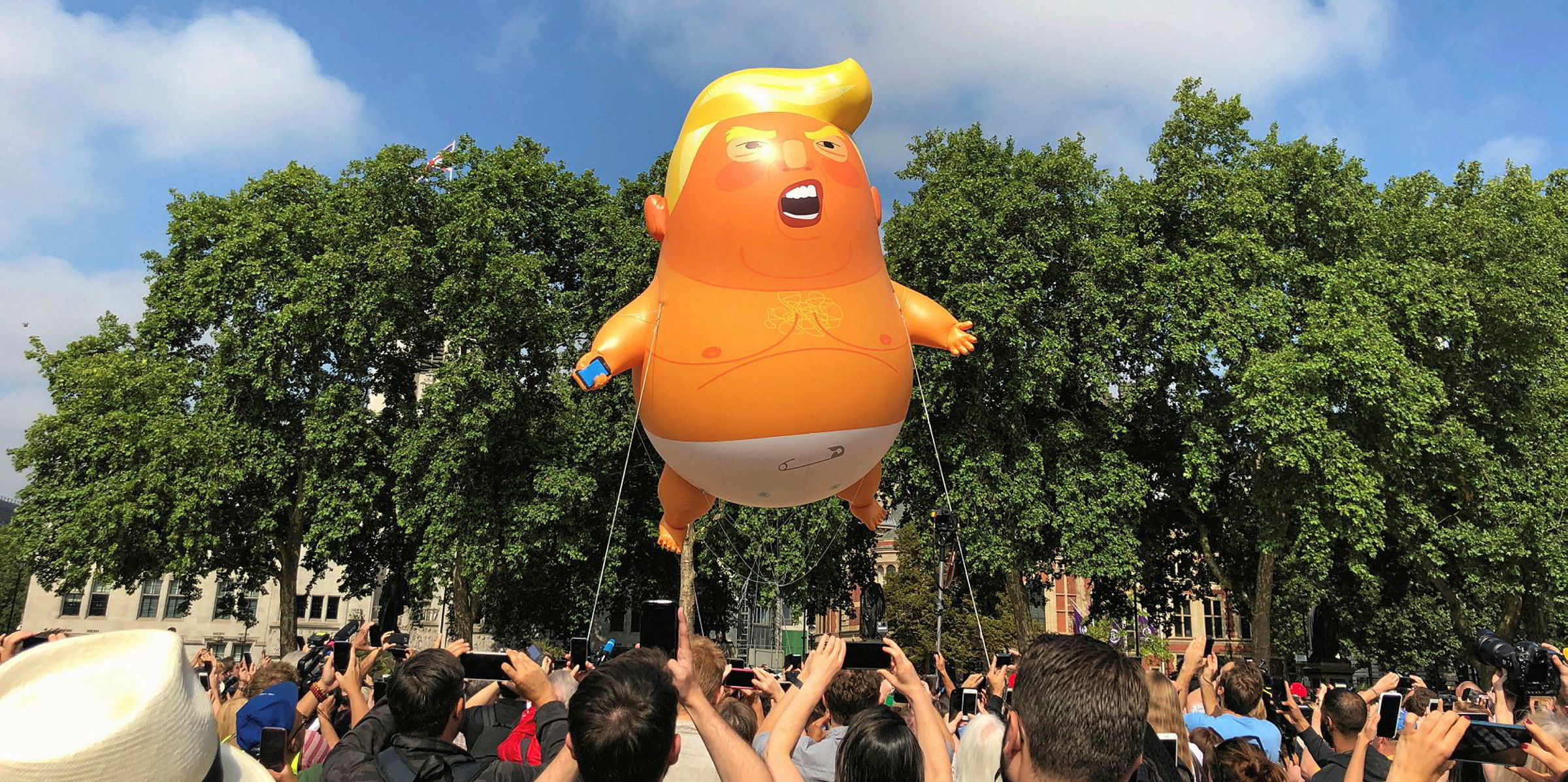An analysis of RUSI has shown North Korea is stopping sanctioned trade during the coronavirus pandemic, with more than 100 ships anchored at the country’s ports.
One of the most isolated countries in the world, North Korea has faced sanctions from the United Nations, the US, the European Union and some other countries for more than a decade due to its nuclear tests.
While Pyongyang previously had “industrial-scale sanctions breaches…in Chinese waters throughout 2019 and into early 2020,” a large number of North Korean ships have been recalled since last month, RUSI said in a research note.
The London-based think tank, previously known as Royal United Services Institute, used satellite images and synthetic aperture radar (SAR) technology to conclude the number of voyages from North Korea to China has dwindled.
Vessels anchored at Nampo
The findings echoed a NK Pro analysis that suggested sea and land traffic to Nampo and Sinuiju – the two North Korean trading hubs for China-related shipments – came to almost a standstill earlier this month.
Among the ships recalled are “sanctioned cargo vessels, bulk carriers and oil tankers crucial to keeping the country’s economy afloat, as well as supplies and revenue flowing to the military and other important institutions”, RUSI said.
In Nampo, where the vast majority of the recalled vessels are congregated, RUSI estimated more than 100 ships were anchored in what it described as “an unprecedented phenomenon”.
They include 17,200-dwt multipurpose Ka Rim Chon (built 1984), 26,369-dwt bulker Tae Pyong (built 1991), 5,648-dwt boxship Boun 1 (built 1993), 2,507-dwt tanker Sam Jong 2 (built 1975), 4,999-dwt tanker New Regent (built 1983), and 3,895-dwt tanker Vifine (built 1992).
On the eastern coast of North Korea, RUSI found “groupings” of North Korean vessels in Chongjin, including 26,500-dwt bulker Ryong Rim (built 1982) and 26,300-dwt Asia Honor (built 1984).
Vulnerable trade
“While North Korea has continued to test missiles during this global pandemic in a purported display of confidence, the recalling of its fleet is a signal of Pyongyang’s real vulnerabilities,” RUSI said.
“The recall of its shipping fleet has put an abrupt stop to the country’s ability to export coal, iron ore and other natural resources by sea. These commodities are effectively the mainstay of Pyongyang’s illicit export portfolio and are used to fund strategically important sectors and institutions.”
“Without these resources, which are sold abroad in US dollars or Chinese renminbi, North Korea has increasingly limited means to pay for necessary imports, the flow of which is also likely to face severe disruptions as a result of the anchoring of the fleet and potential closing of its land borders.”
North Korea closed its borders to foreign tourists in late January when the Covid-19 began to spread from Wuhan to other Chinese cities and beyond. Quarantine measures were later imposed in Nampo, according to KCNA Watch.
“Although optical and SAR imagery shows many of these vessels [off Nanpo] have been stationary for long periods, it remains unclear if the crews remain quarantined onboard the vessels,” RUSI said.
Recent imagery taken by Planet Labs showed that a large cluster of vessels anchored outside Nampo’s West Sea Barrage had moved, indicating the crews may have remained onboard, according to RUSI.
